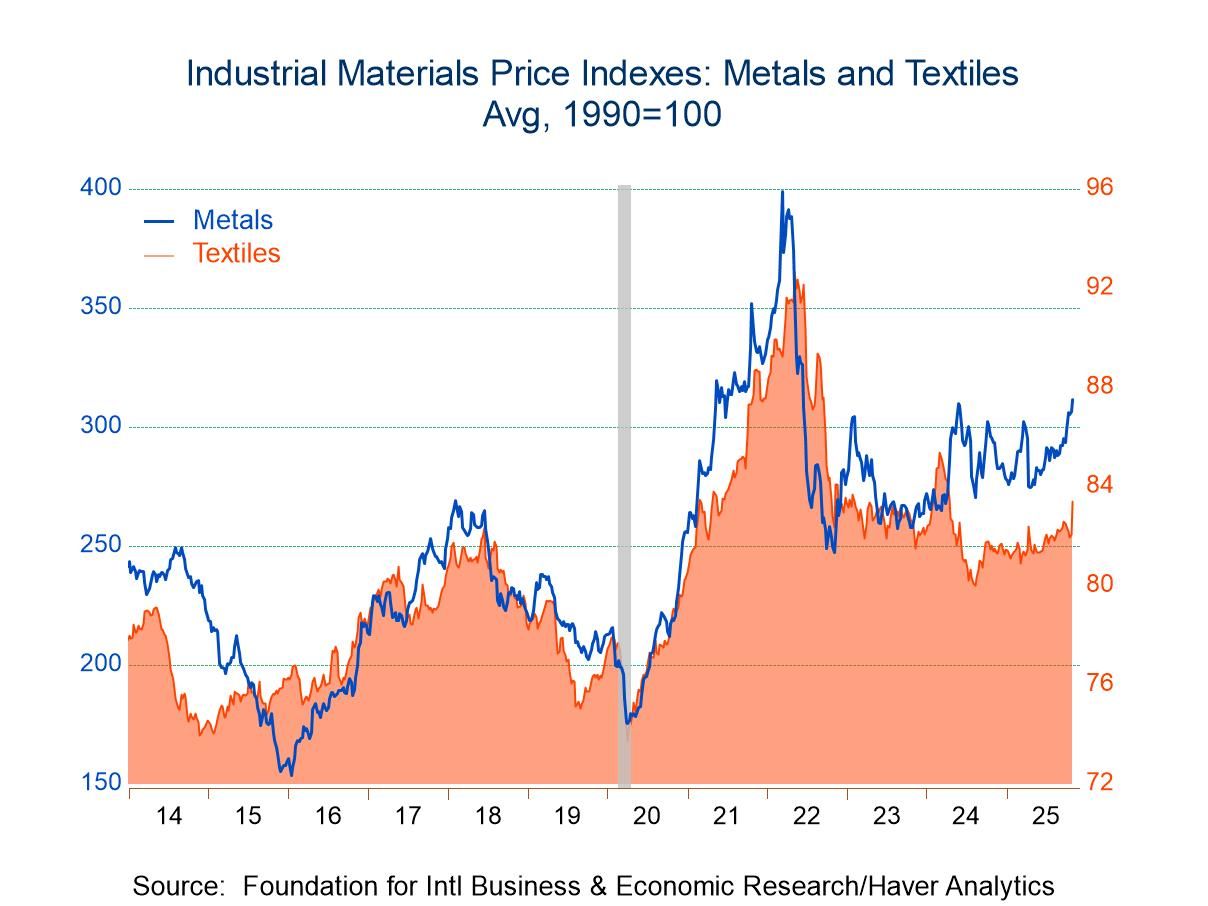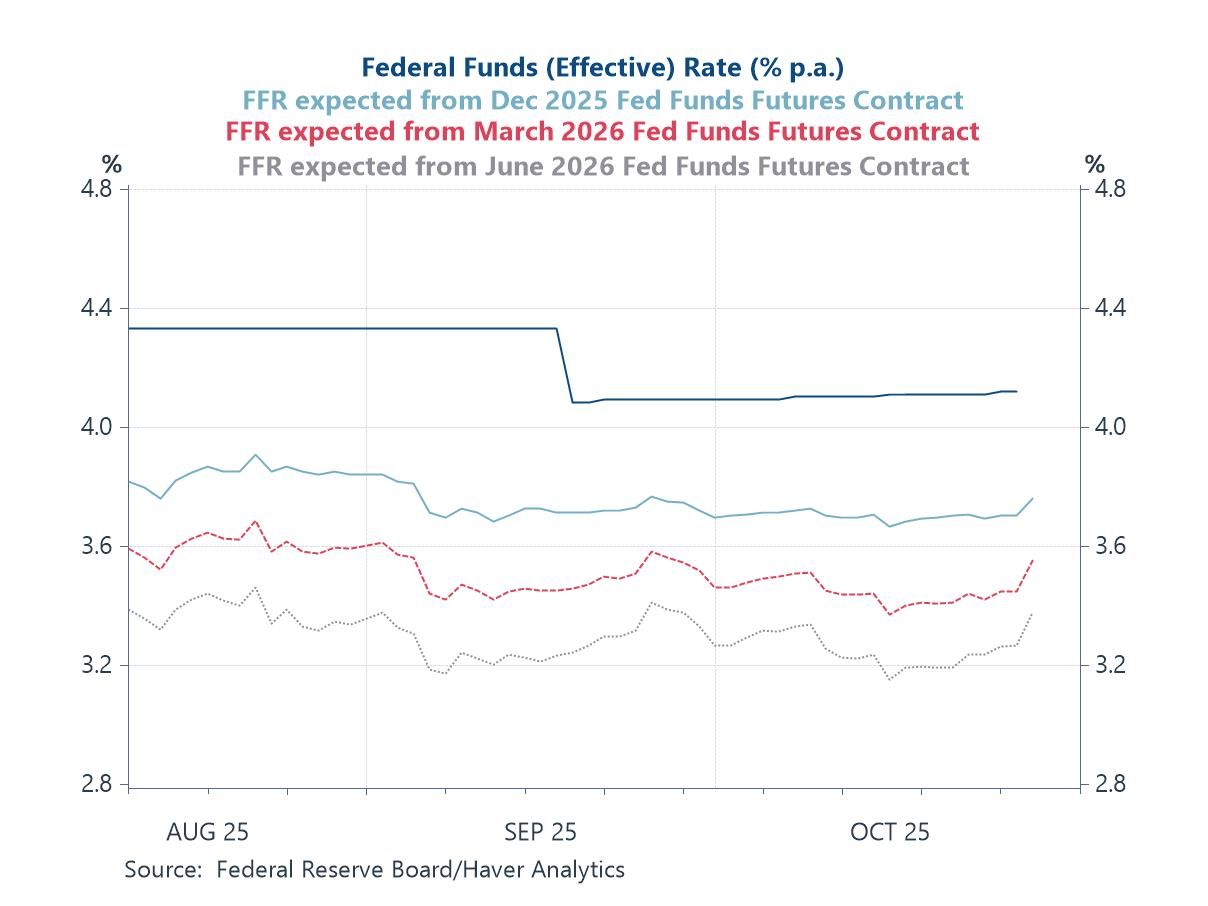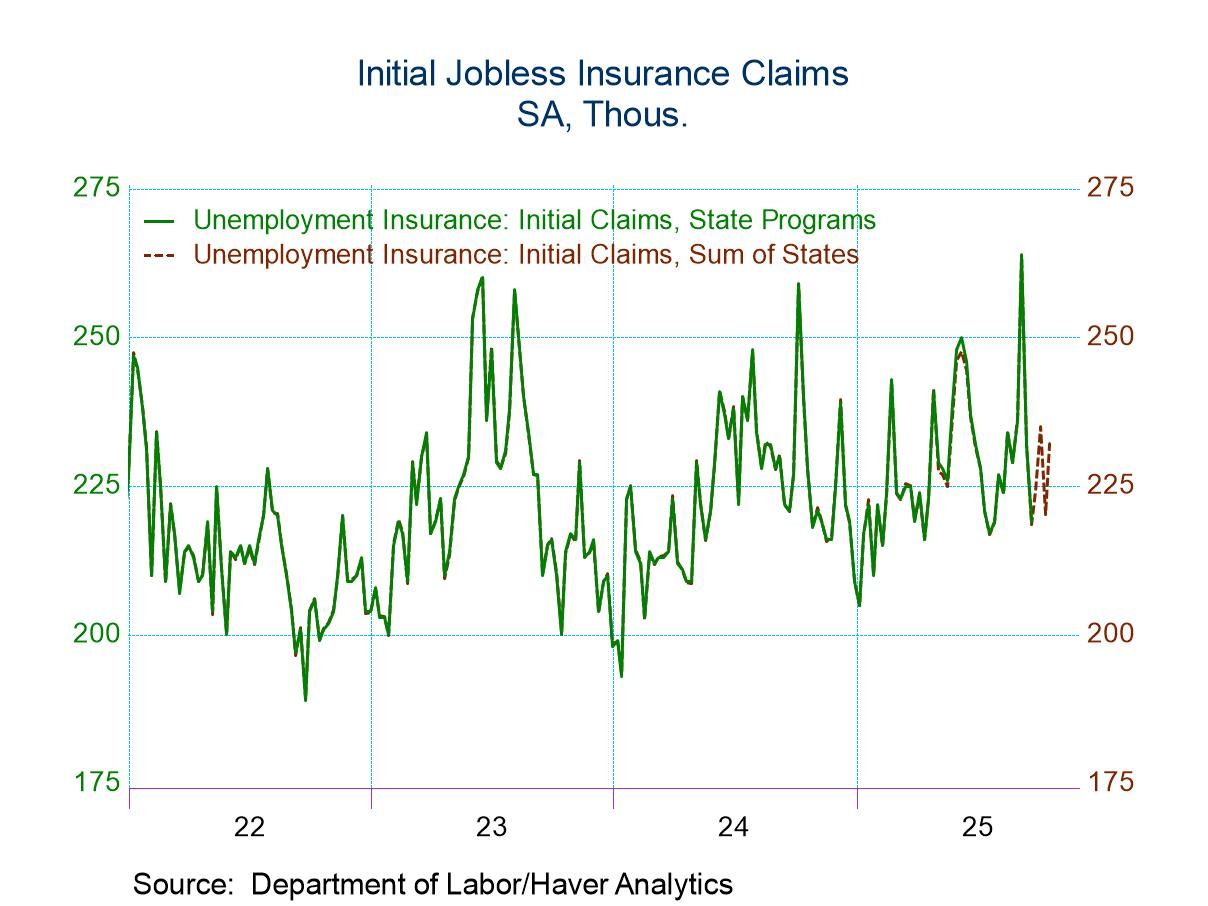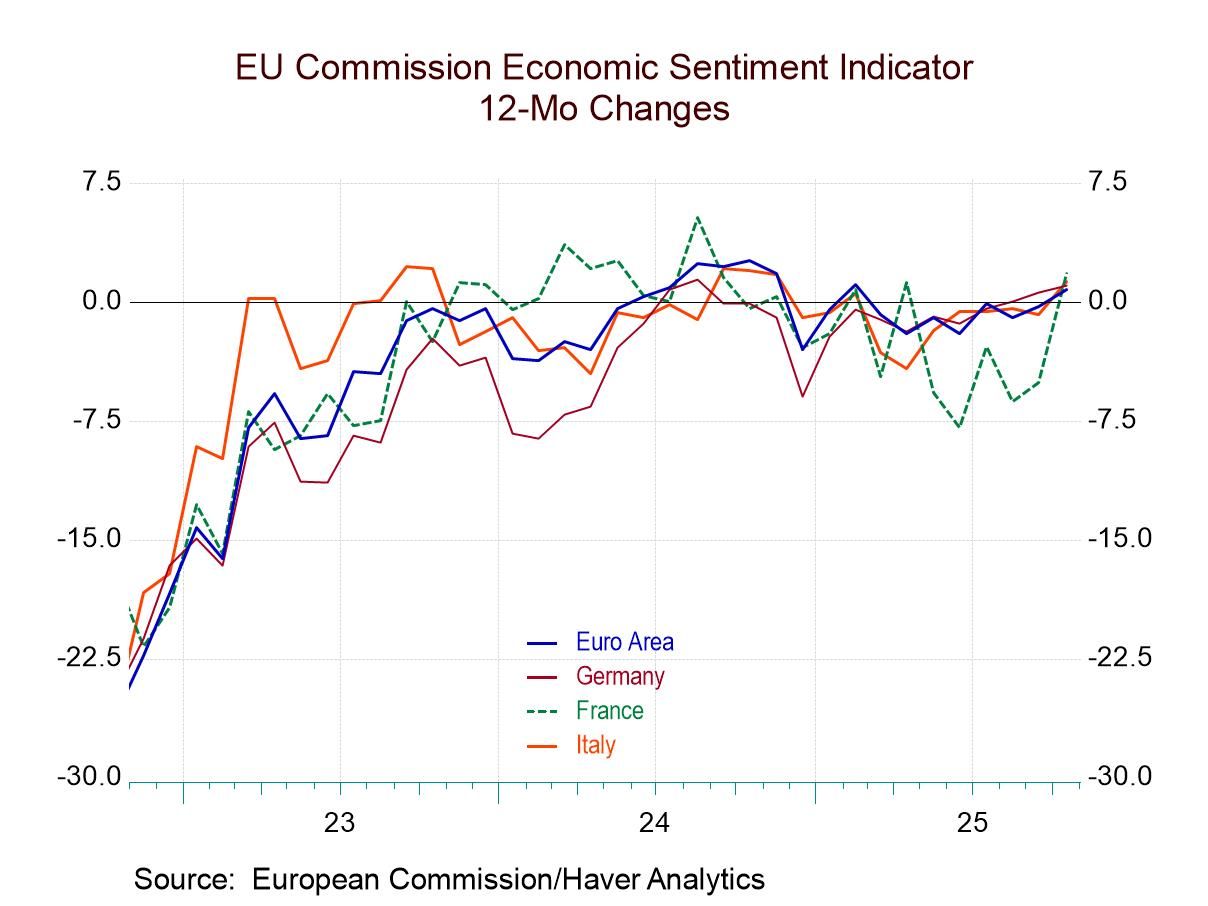U.S. Light Vehicle Sales Weaken at Yearend
by:Tom Moeller
|in:Economy in Brief
Summary
-
Sales are lowest since August.
-
Both light truck & auto sales fall.
-
Imported vehicle sales ease.
The Autodata Corporation reported that December light vehicle sales fell 5.6% (+5.3% y/y) to 13.59 million units (SAAR) after declining 6.1% in November. Sales remain significantly below the April 2021 peak of 18.37 million. Vehicle sales comprise about four percent of real consumer expenditures.
Auto sales fell 8.7% during December (+4.8% y/y) to 3.04 million units from 3.33 million in November. Purchases of domestically-made autos declined 10.8% in December (+9.7% y/y) to 2.15 million units following a 2.0% November decline. Sales of imported autos weakened 3.3% (-5.3% y/y) to 0.89 million units after rising 4.5% in November.
Sales of light trucks weakened 4.7% last month (+5.5% y/y) to 10.55 million after falling 7.7% in November to 11.07 million units. Purchases of domestically-produced light trucks weakened 5.1% last month (+2.7% y/y) to 8.02 million units after falling 8.2% in November. Sales of imported light trucks were off 3.1% (+16.1% y/y) to 2.53 million after weakening 6.5% in November.
Trucks' share of the light vehicle market rose to 77.6% in December, but remained below a 79.7% high in March 2022.
Imports' total share of the U.S. vehicle market improved to 25.2% last month after rising to 24.5% in November. It was the highest share since February 2022. Imports' share of the passenger car market rose to 29.3% last month but remained down from the September 2021 high of 37.9%. Imports' share of the light truck market edged higher to 24.0%, also the highest since September 2021.
U.S. vehicle sales figures can be found in Haver's USECON database. Additional detail by manufacturer is in the INDUSTRY database.
Tom Moeller
AuthorMore in Author Profile »Prior to joining Haver Analytics in 2000, Mr. Moeller worked as the Economist at Chancellor Capital Management from 1985 to 1999. There, he developed comprehensive economic forecasts and interpreted economic data for equity and fixed income portfolio managers. Also at Chancellor, Mr. Moeller worked as an equity analyst and was responsible for researching and rating companies in the economically sensitive automobile and housing industries for investment in Chancellor’s equity portfolio. Prior to joining Chancellor, Mr. Moeller was an Economist at Citibank from 1979 to 1984. He also analyzed pricing behavior in the metals industry for the Council on Wage and Price Stability in Washington, D.C. In 1999, Mr. Moeller received the award for most accurate forecast from the Forecasters' Club of New York. From 1990 to 1992 he was President of the New York Association for Business Economists. Mr. Moeller earned an M.B.A. in Finance from Fordham University, where he graduated in 1987. He holds a Bachelor of Arts in Economics from George Washington University.





 Global
Global
